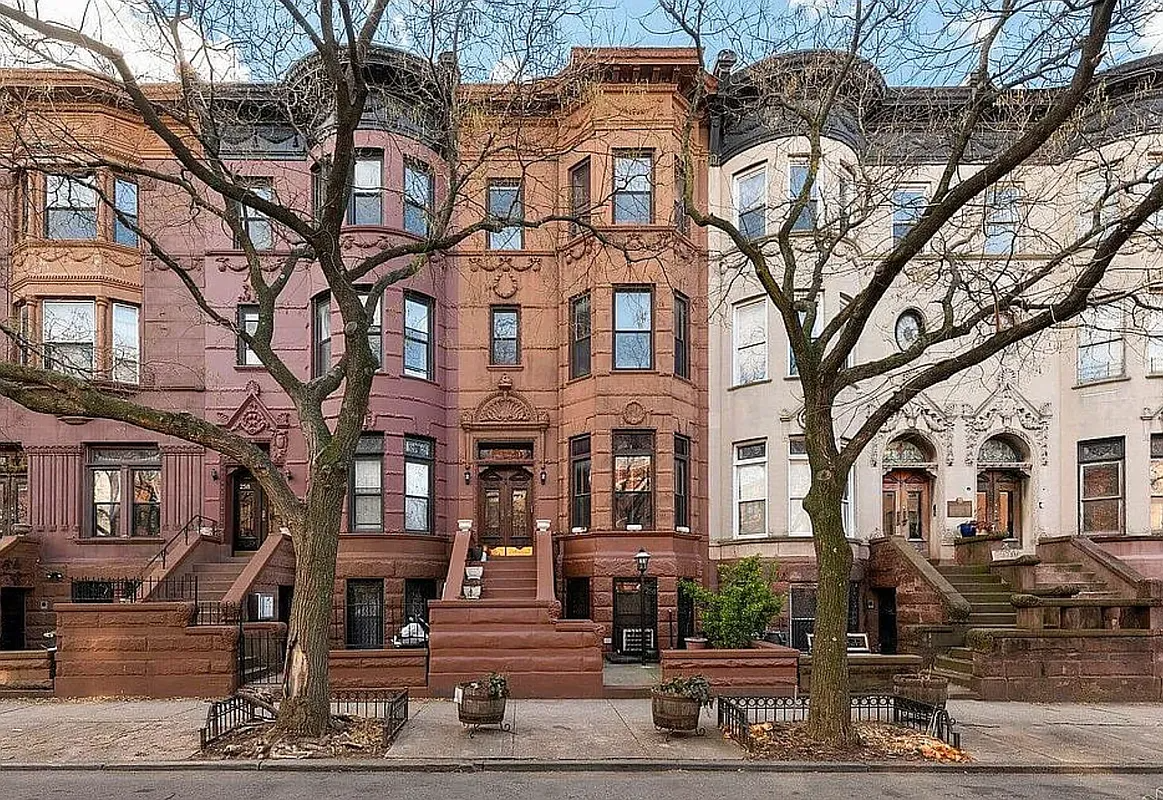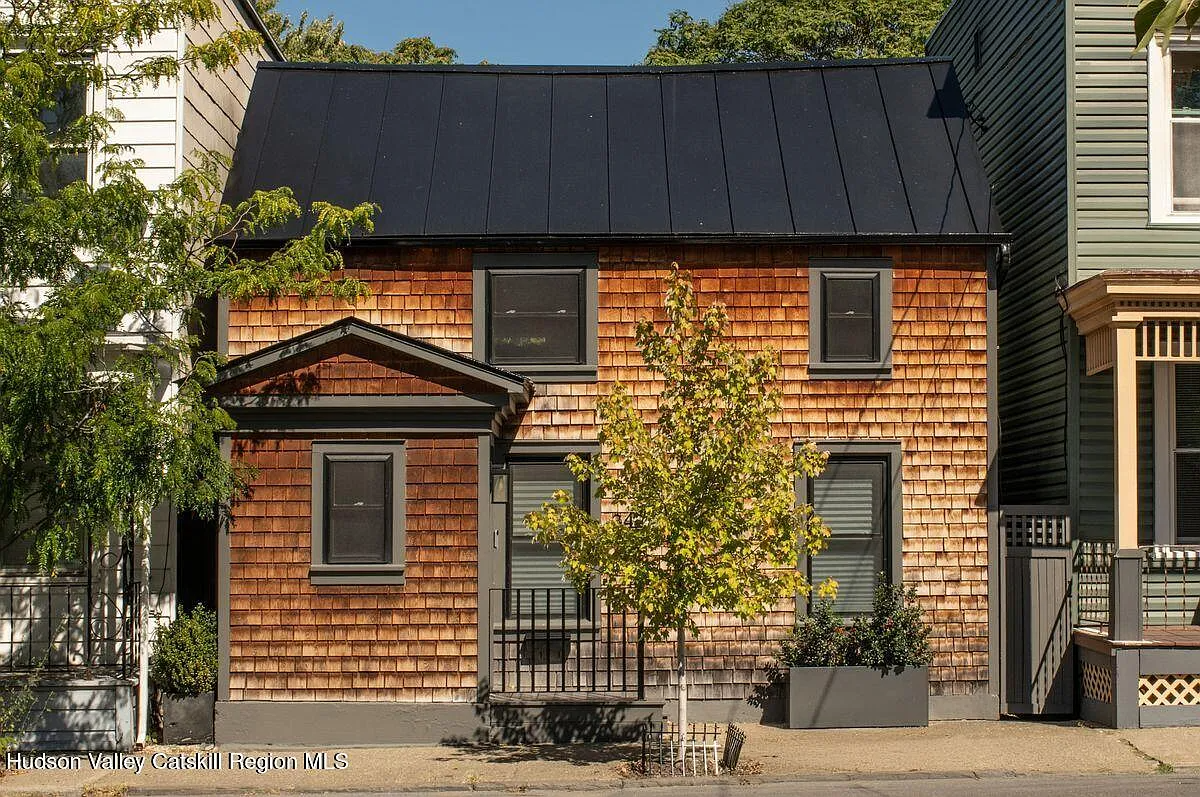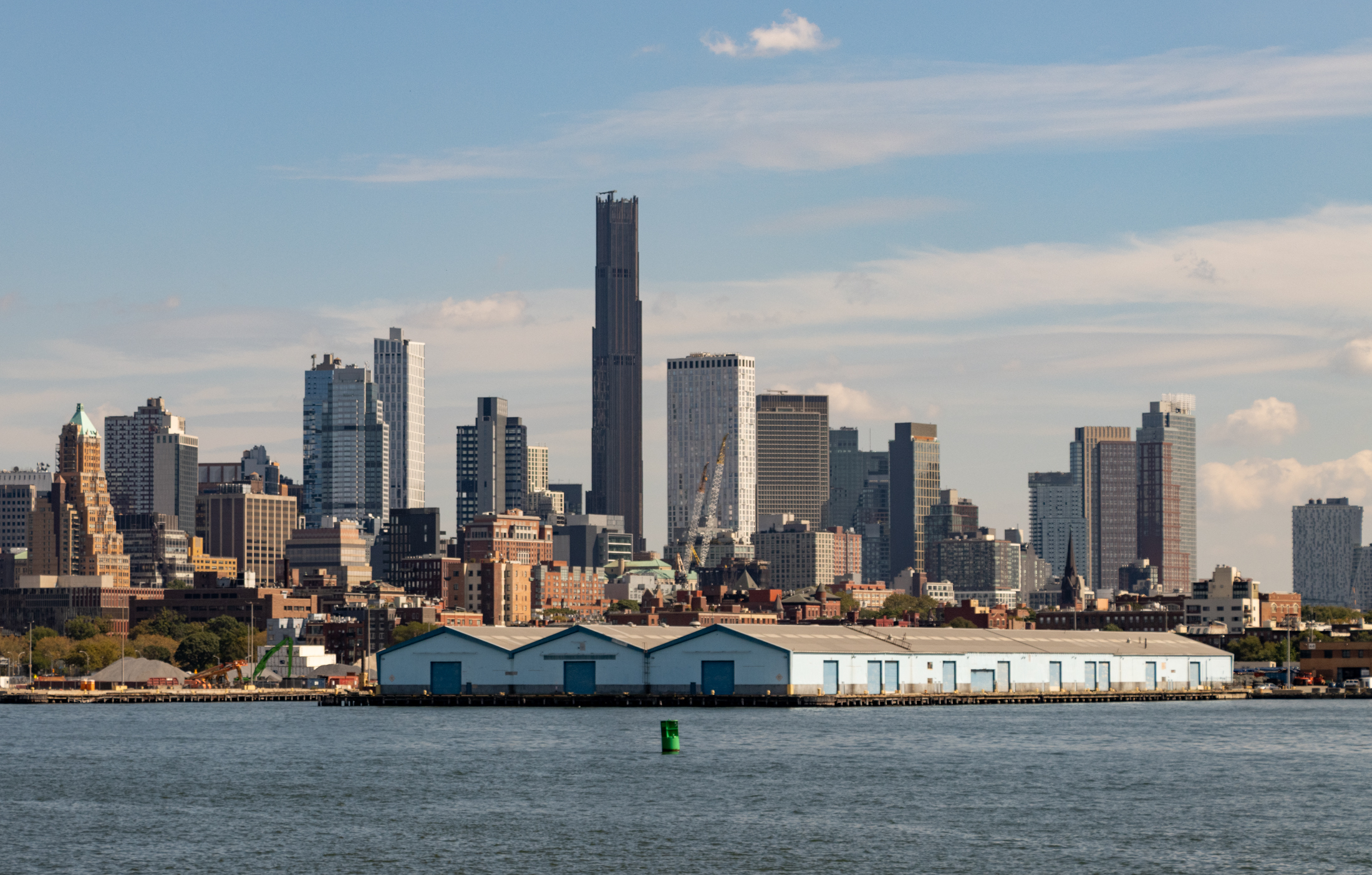Case-Shiller Continues to Tank
Housing prices in the country’s 20 largest cities fell 19 percent between January 2008 and January 2009, according to the Case-Shiller index; New York City fell almost 10 percent in this same period. There’s no daylight that I can see in this report, said David Blitzer, chairman of S.& P.’s index committee. It is unlikely…


Housing prices in the country’s 20 largest cities fell 19 percent between January 2008 and January 2009, according to the Case-Shiller index; New York City fell almost 10 percent in this same period. There’s no daylight that I can see in this report, said David Blitzer, chairman of S.& P.’s index committee. It is unlikely that we are anywhere near a bottom in nationwide home prices, said Joshua Shapiro, chief United States economist for MFR Inc. The only ray of light: In a few cities like Charlotte, Minneapolis, and New York, the rate of decline in January was slightly lower than the rate of decline in December.
Record Drop in Index of Home Prices [NY Times]
Graph from Seeking Alpha





for what it’s worth, I got mugged at gunpoint last month on garfield and 7th. no joke. I mentioned it in another post. I don’t mean it as support for an armageddon hypothesis (obviously it’s just one isolated incident), but it happened, so I figured I’d let people know to keep an eye out.
Miss Muffet – very well said!
I do think that home prices will contiune to come down at least another 10% and condos down another 20% but I do beleive that the fed will keep mortgage rates at low levels and we will not see them rise above 6% for at least 2 years. I think once companies have leveled off their layoffs, people will feel confident to go and buy those houses that have come down considerably and hopefully the overall housing market will benefit from that – just my 2 cents
“And dave-o, interest rates will be held down by the fed until we are well out of the woods in this recession, which will be years from now.”
The fed controls short term rates, typically not the ones that drive mortgage rates. rates are now being driven on the 5 year and longer end by the marlket’s desire to buy or sell treasuries given their appetitie for more or less risk in the equities market.
What’s your guess on how many years?? And why???
So much misinformation, so little time.
“Yes Miss Muffett.. Hold me… I’m scared…… please……”
That’s funny What. I don’t feel too scared right now. My neighbors and I get along great and the block is quiet and peaceful. What I am concerned about more is that the recession will do such a doozy on my clients that I will have to figure out a new line of work. But that’s a different story.
What — I’m not talking about homeowners losing money — they’ll all be fine in the big picture. I’m talking about some 12 year old kid whose after-school program gets cut, who gets jammed in a classroom full of 35 kids, etc…
when you think about the impact on general welfare from the kind of local recession that can really change home prices, the picture is pretty dark for a lot of people who have nothing to do with brownstones.
of course none of that changes my basic need to just be right. Brownstones will be half off peak, just like BHO says. And dave-o, interest rates will be held down by the fed until we are well out of the woods in this recession, which will be years from now.
greenwood–I think you are right that anyone saying this is the time to buy is way premature. I do think, however that just as prices didn’t rise so precipitously in NYC compared to other markets they won’t fall quite so precipitously percentage-wise. Time wise, one would think the time to buy would be summer ’10 or so.
“Miss Muffett–very well said. You as always are a voice of reason in this debate, where the human element is often lost to the haggling over property values. Thanks for that.”
Yes Miss Muffett.. Hold me… I’m scared…… please……
The What (Taste the rainbow)
Someday this war is gonna end…
“Forty percent drop is a big assumption, but since that’s what Manhattan real estate fell in early 90s, I think we’ll at least match that.)”
This is city-wide and not Manhattan, but it clearly says 29.3%….not 40%. Big difference.
***
“Citywide, real estate prices declined 12.4% between 1974 and 1980, then jumped 152% between 1980 and 1989. They fell 29.3% from 1989 to 1996 and increased 124.2% from 1996 to 2006. Overall, prices skyrocketed 250% from 1974 to 2006, when they began to level off across the city as the latest real estate boom ended.
http://www.crainsnewyork.com/article/20090311/FREE/903119970